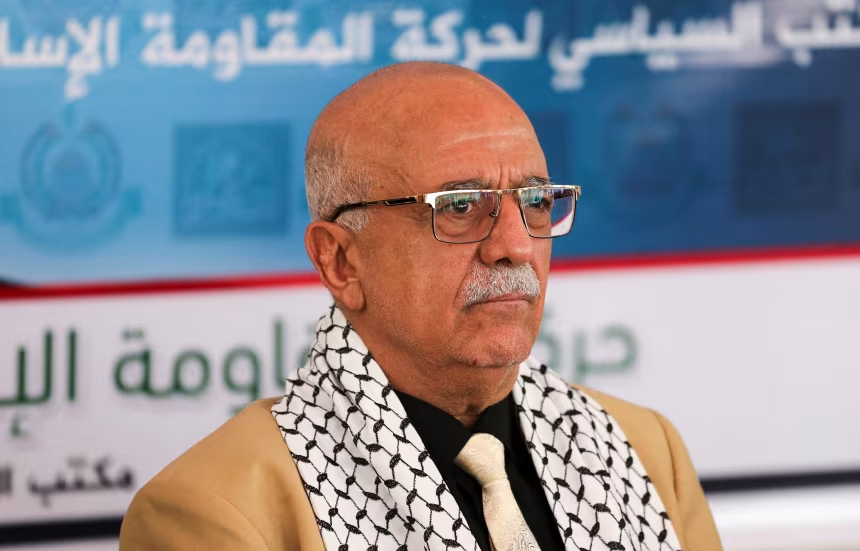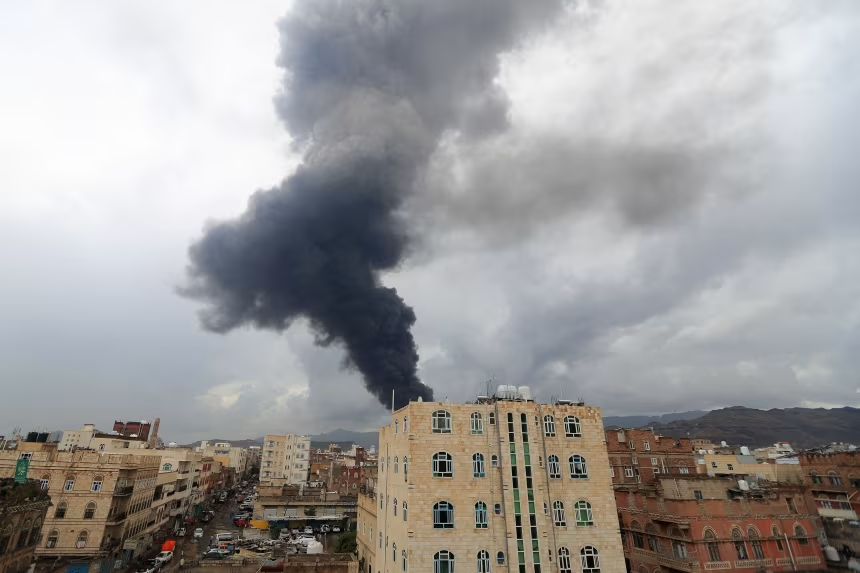The fragile balance in Yemen was shattered once again after Houthi rebels raided several United Nations offices in Sanaa, detaining at least 11 employees from agencies including the World Food Programme, WHO, and UNICEF. The move came only days after an Israeli airstrike killed Houthi Prime Minister Ahmed al Rahawi and several senior officials at a government meeting, plunging the already war-torn country into deeper turmoil.
United Nations Secretary General António Guterres condemned the raids and demanded the immediate release of the detained workers. Humanitarian agencies now face severe disruptions as aid operations, already stretched thin by years of conflict, risk coming to a standstill. For millions of Yemenis who depend on emergency food, medical, and relief services, the impact could be devastating.
Meanwhile, the Houthis held a massive funeral procession in Sanaa for their fallen leaders, drawing thousands of mourners. Mohamed Miftah, newly installed as the group’s political leader, vowed revenge and promised that the fight against Israel and its allies would intensify. The fiery rhetoric underscored fears that Yemen could become an even wider battlefield in the ongoing regional tensions tied to the Israel Hamas war.
For the Houthis, the raid on UN offices is a show of defiance, but it risks alienating international partners and undermining what little humanitarian support still reaches Yemen. For the global community, the escalation is yet another reminder that the conflict in Yemen is inseparably tied to broader Middle East struggles. As diplomatic channels scramble to prevent further destabilization, ordinary Yemenis are once again left to bear the heaviest burden.



